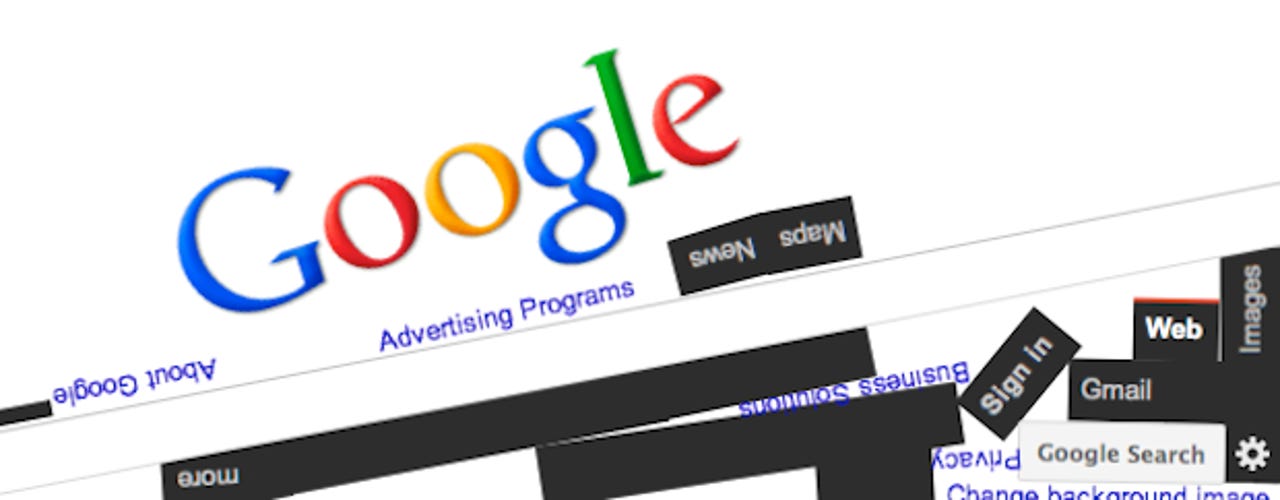Europe offers Google settlement option in antitrust case

European regulators are offering Google the option of settling an ongoing investigation into whether it has abused its dominant position in the search market.
European Competition Commission Joaquin Almunia told reporters: "Today I'm giving Google an opportunity to offer remedies to address concerns that we have identified". He also sent a letter to Eric Schmidt outlining four key points that Google must rectify or face financial sanctions.
Google will have a few weeks to submit changes to its behaviour in a bid to stave off a full antitrust investigation.

The Commission had received over a dozen formal complaints, including notes from Microsoft-owned search engine Ciao!, Foundem, eJustice, Expedia, and TripAdvisor.
U.S. antitrust authorities are also taking a lead from Europe and investigating on the other side of the pond. Google's executive chairman Eric Schmidt claimed the company was "not dominant" in web search when he appeared in front of U.S. lawmakers.
But with over 66 percent of the market share according to March comScore figures, Google continues to battle an uphill struggle despite its advanced position in the search market.
Google faces a fine not exceeding 10 percent of its global annual turnover if found guilty --- a figure that could exceed $3--4 billion (€2.3--3bn).
That said, Google has been given a chance to fix the problems. The search giant could even be issued with rules in how it should operate its business within Europe's borders.
In short, it has two options: settle and admit guilt, or prepare for a long fight and risk facing massive fines.
There are four areas the European authorities are concerned with:
1. Google displays links to its own "vertical search" services which could push out competitors in the market, noting that it displays these differently from "general search" services. Google displays links to its own vertical search services differently than it does for links to competitors. European regulators worries this could see "preferential treatment" compared to those of competing services, which could be hurt as a consequence.
2. Google "copies content" from competing vertical search services for use of its own offerings, "such as user reviews". It takes content from competing services "without prior authorisation". Regulators worry this could "competitors' incentives to invest in the creation of original content."
3. Google's search advertisement agreements with website partners are also under scrutiny. Europe's worry is the "de facto exclusivity" to Google shuts out competing advertising services and harms competition.
4. Google's restriction on the portability of data from its AdWords service to those of competitors. Almunia said it believes Google puts "contractual restrictions on software developers" which would prevent the "seamless transfer" of search advertising campaigns to other platforms.
"We disagree with the conclusions but we arere happy to discuss any concerns they might have," a Google spokesman said in an emailed statement to sister site CNET.
Google could play the long game. The investigation itself could take 2--3 years --- if not longer --- to conclude, much in similar fashion to Microsoft's antitrust case which took over three years between June 2004 and September 2007.
Microsoft was ultimately fined €899 million ($1.4bn in 2008), and appealed, but failed, leading to further legal costs being paid and more fines imposed.
Having said that, its "its willingness to discuss any concerns the Commission might have" has shown co-operation on Google's part. In doing so would admit guilt but it would end a drawn out process it would expect otherwise.
Related: